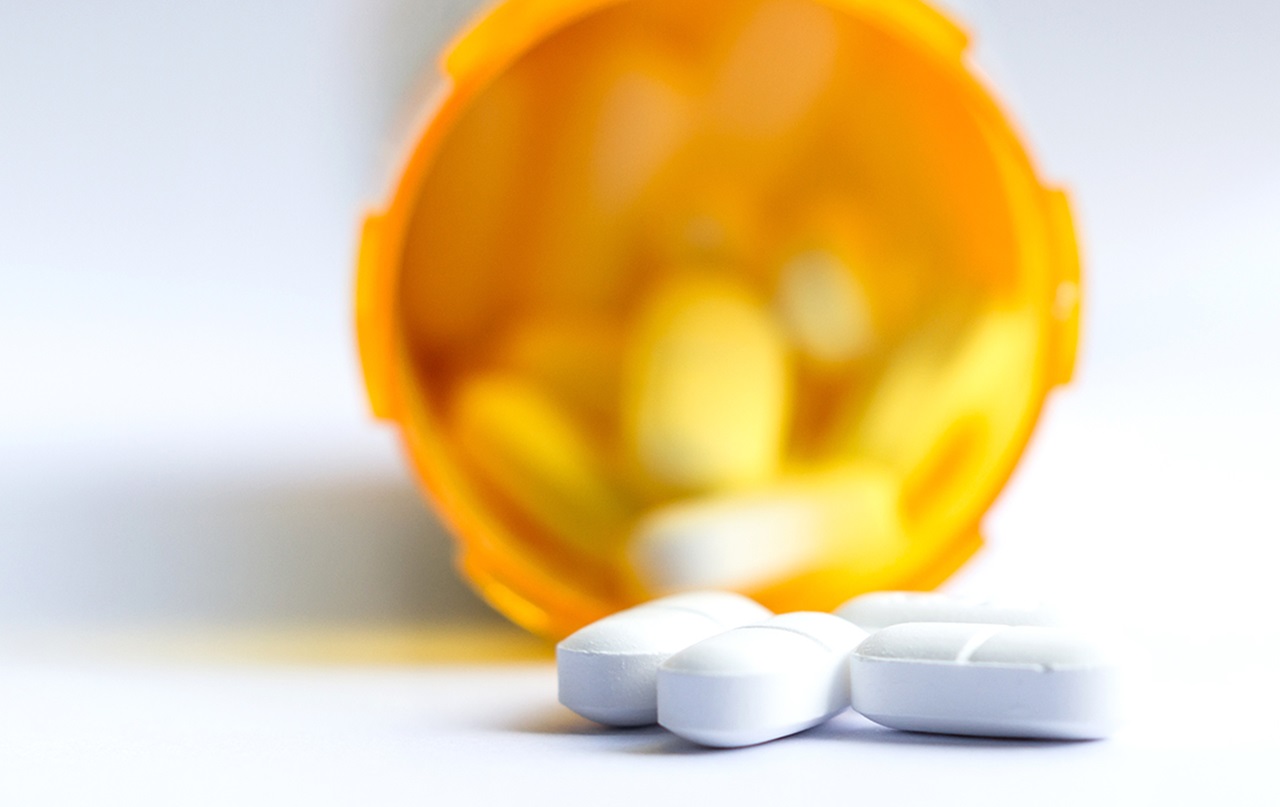Opioids are narcotic pain relievers that require a prescription. When taken as prescribed for short periods under the care of a medical professional, opioids can be a safe and effective pain management tool.
However, opioid abuse is a concerning problem in America and dentists are committed to safe and responsible prescribing of this medication. Learn more about opioids at ADA.org/opioids.
Thankfully, there’s another option to treat dental pain that carries no abuse potential. According to an ADA-endorsed guideline, over-the-counter medicines like ibuprofen and acetaminophen can safely and effectively relieve short-term dental pain when used as directed.
No pain treatment approach is one-size-fits-all. The best course of action will depend on the procedure you undergo and your health history, which is why open and honest communication with your dentist is so important. Read this article (PDF) to learn more about treating dental pain.
